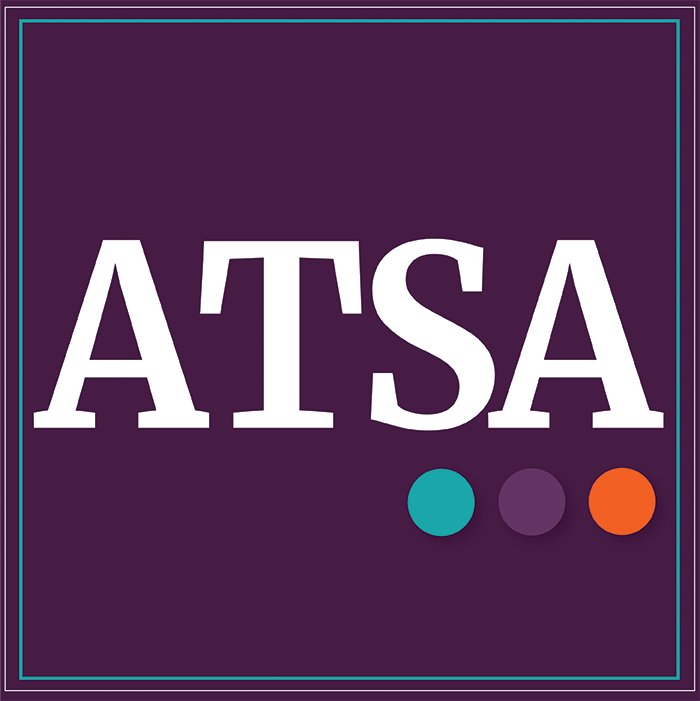Legislative Bulletin: Criminalization of Non-consensual AI Images
Legislation to criminalize non-consensual AI-generated images, also known as "deepfakes," has gained significant momentum in 2024. The tools to generate these images are becoming more accessible to everyday consumers and their impact is rapidly expanding internationally (Florida, New Jersey, Spain).
Lawmakers in the United States are crafting legislation to tackle concerns over AI-generated images impacting the 2024 US election, following the viral spread of non-consensual images of Taylor Swift. Many lawmakers are using Illinois's HB 2123 as a model for legislation to avoid 1st amendment challenges regarding political satire and expression. HB 2123 is specifically framed around the restriction of non-consensual sexual images and video sidestepping challenges to freedom of speech. .
European Union lawmakers recently approved the world's first comprehensive AI law that requires all deepfake images and videos to be labeled as AI generated. Monitoring the impact of emerging technologies is crucial to avoid one-size-fits-all solutions and address the rise of this developing criminal classification.
Over the past few years, ATSA members have observed a rise in C.S.E.M. offenses among both adults and juveniles. Expanding access to AI tools will result in the rapid emergence, once again, of a different type of client that requires unique approaches to treatment and intervention.
Examples of Legislation:
1. The Defiance Act (2024): This federal bill seeks to prohibit the knowing creation, distribution, or possession of deepfake sexually explicit visual depictions without the consent of the depicted individual. [Read more]
2. Fla. Stat. § 836.13 (2022): Florida's law criminalizes the promotion of an altered sexual depiction with the intent to harass, intimidate, or embarrass the depicted person, imposing penalties for violations. [Read more]
3. HB 1999 (Washington, 2023-24): This bill addresses the non-consensual sharing of intimate images, including AI-generated content, expanding the legal framework to protect individuals from this form of exploitation. [Read more]
4. TN HB2163: Tennessee's enacted legislation is a 2022 example of the criminalization of deepfake images and videos that are intended to harm or harass the depicted individual being linked to CSEM in the criminal code. [Read more]
5. IN HB1047 (2024): Indiana's bill seeks to criminalize the distribution of non-consensual deepfake sexual images, with penalties for offenders. [Read more]
